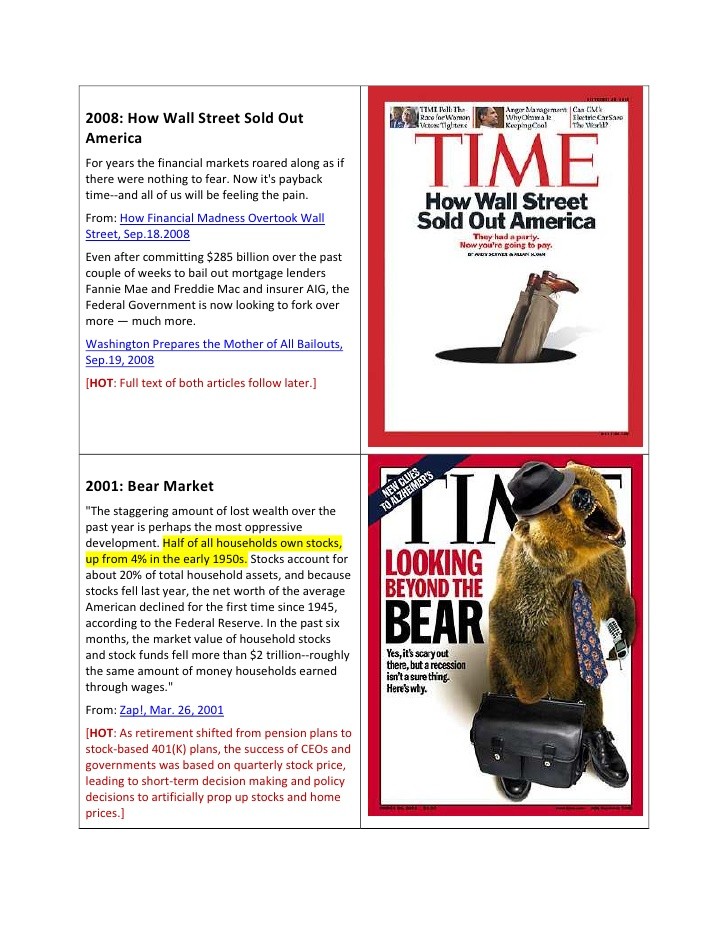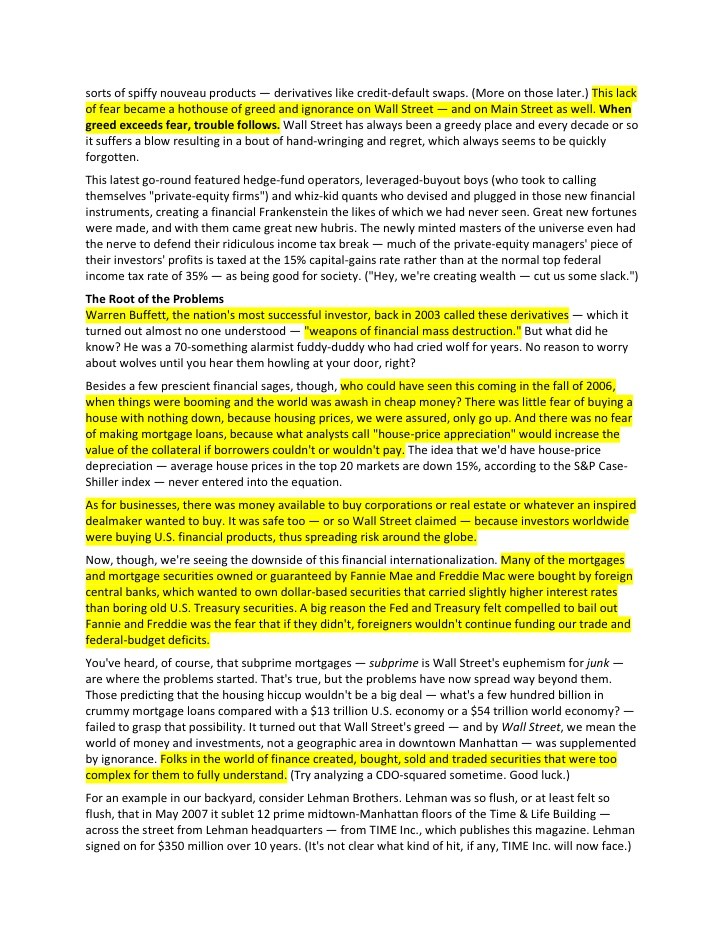New Book Blames Quants for Credit Crisis Wall Street & Technology
Post on: 28 Июнь, 2015 No Comment

Should the average American with a 401-K worry about the rise of quants on Wall Street? That is the focus of a new book, The Quants, by Scott Patterson, staff reporter at the Wall Street Journal.
Should the average American with a 401k worry about the rise of quants on Wall Street? That is the focus of a new book, The Quants, by Scott Patterson, staff reporter at the Wall Street Journal. In a video interview with Yahoo’s Tech Ticker. Patterson tells Aaron Task that quants have a sketchy track record in that several times during the past few decades their creations have blown up the financial system.In addition to greedy CEOs, regulators asleep at the wheel, debt-gorging Americans, and politicians, Patterson’s book blames quants for the credit crisis of 2008 and early 2009.
The first event happened in August of 2007, when the quants’ trading strategies blew up and they lost tens of billions of dollars over the course of a few days. Other quant creations -CDOs, derivatives, credit default swaps — started imploding massively and started causing backs to implode, said Patterson in the video interview. Lehman Brothers was weighted down by large amounts of derivative products linked to commercial real estate, while Bear Stearns had been dabbling in subprime mortgages that blew up on them, recalled Patterson. And at the end of the day, these all mathematical constructs really at the end of the day, said Patterson.
Worse, the CEOs of these companies didn’t know what was going on, said Patterson, comparing them to astronauts aboard a rocket ship. They relied upon the rocket scientists to navigate the space ship, and the rocket scientists (i.e. the quants) hoped that everything would work, he says.
Patterson defines quants as mathematicians- often quantum physicists and computer programmers-who use their skills to price securities and trade on markets all over the world.

Even prior to the recent credit crisis, quants invented portfolio insurance in 1987, which has been blamed for the crash of 1987 and the Long Term Capital Management, a highly leveraged quant hedge fund, imploded in 1998. Patterson cited the case of Renaissance Technologies, the Tech Ticker’s Aaron Task asked Patterson if there’s anything the government can do to get this under control, citing the current proposals to rein in proprietary trading. According to Patterson, most of the proprietary trading going on in equity or fixed-income strategies is quantitative. The gut traders who took a big position based on instinct were knocked out a few years ago, said Patterson, suggesting, The big forces on Wall Street are quantitative.
What the quants do is use their ability to hedge and create complex strategies to magnify leverage. While the government can try to keep the banks and hedge funds from maximizing their leverage, Patterson cast doubt on whether that would work. These guys are smart, he said. And while the Internet and electronic trading has leveled the playing field for mom and pop investors using online brokerage accounts and research reports, Patterson was not optimistic that individual investors can beat the big hedge funds. Citing the example of Renaissance Technologies, manager of the most successful quantitative hedge fund, which employees 90 PhDs. They do nothing but sit around each day, crunching data to figure out how to make money in the market, said the WSJ reporter.
Should the average American with a 401-K worry about the rise of quants on Wall Street? That is the focus of a new book, The Quants, by Scott Patterson, staff reporter at the Wall Street Journal. Ivy is Editor-at-Large for Advanced Trading and Wall Street & Technology. Ivy is responsible for writing in-depth feature articles, daily blogs and news articles with a focus on automated trading in the capital markets. As an industry expert, Ivy has reported on a myriad. View Full Bio














